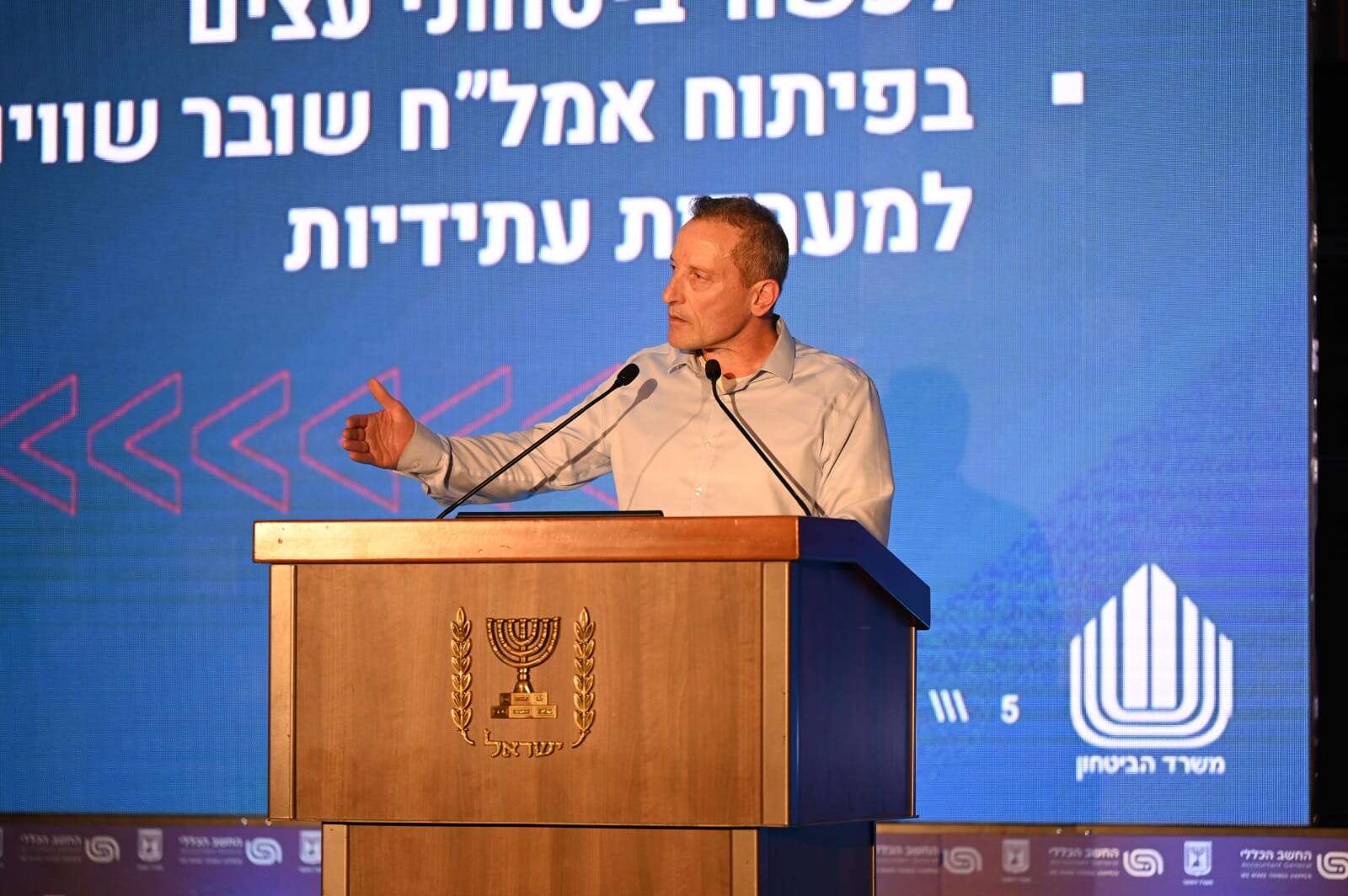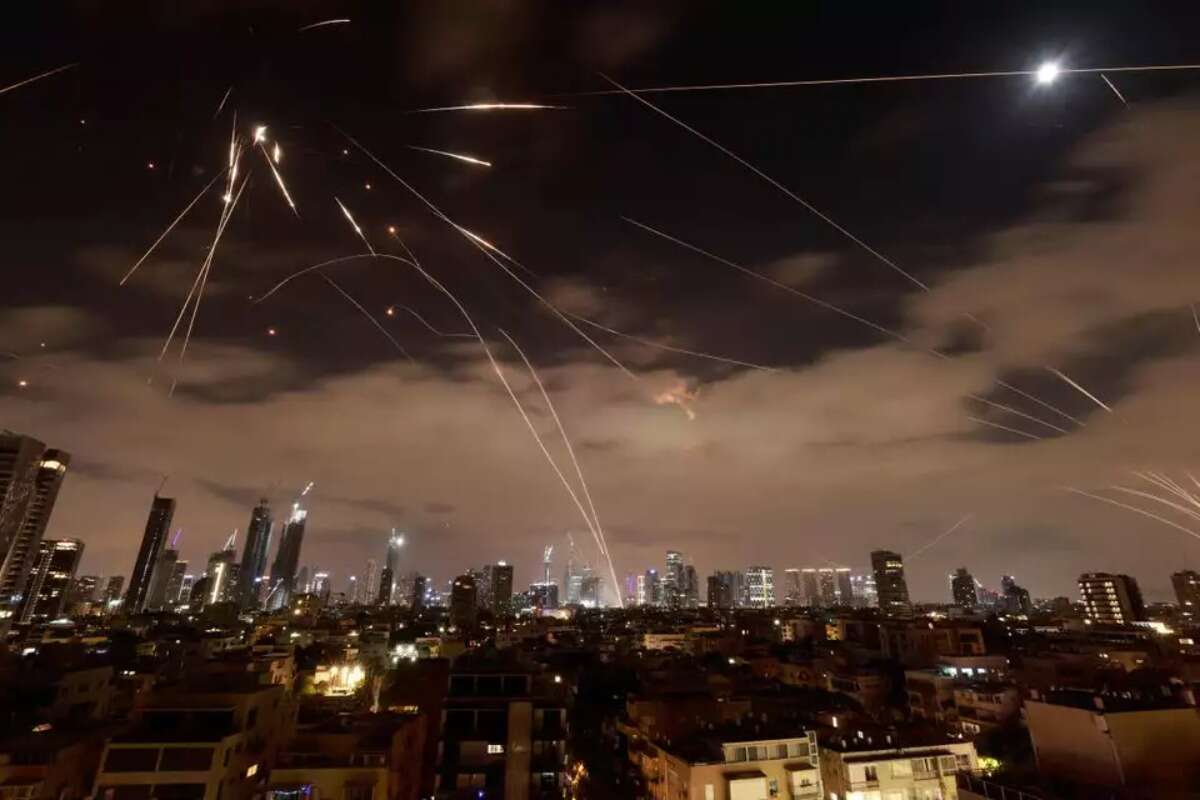Amir Baram, director general of the Defense Ministry and a retired IDF major general, took part Monday in the “Conference of Accountant Generals” and spoke about the close connection between security and the economy.
“We are entering a decade of intense security challenges, both globally and locally. Security and the economy are inseparable, especially in Israel. Basic security is a central pillar of national security, alongside the economy, society and advanced technology,” Baram said.
Addressing the global security situation, he noted: “We are seeing a dramatic rise in defense budgets worldwide. Global defense spending in 2024 reached some $2.7 trillion, a jump of about 20% compared to 2023, the largest increase since 1988.”
On the impact of the war on Israel’s economy, Baram said: “Despite the prolonged fighting, which has already cost the economy more than 205 billion shekels (about $54 billion), economic indicators are showing resilience, especially after every security success, such as the pager operation or Operation With Lion’s Heart. The CDS index [credit default swaps] and the shekel-dollar exchange rate are stronger today than they were before October 7. Despite the war’s duration and its immense challenges – fatigue, costs, social strains – there is a correlation between these indicators that strengthens our economic standing and lowers Israel’s risk premium.”

He added: “We must invest now in thinking about ‘the next surprises’ and the next pager operations. This is security economics. Each surprise carries broad consequences: a strike in Yemen costs on average about 50 million shekels ($15 million), but it has far-reaching effects on deterrence and our global standing. An Arrow 3 interception costs between 15 and 30 million shekels ($4.5–9 million), but the damage from a miss can reach almost 300 million shekels ($90 million), as we saw with the ballistic missile strike in Bat Yam.”
Baram stressed that Israel must fundamentally change its production and procurement processes for critical defensive and offensive systems. “What the Iranian regime completes in a month takes Israel months or even years. Our procurement processes are multi-year and require financial flexibility,” he said.
“The lessons of this war, along with de-globalization and delegitimization, require us to expand Israel’s production base, achieve independence in critical components, and commit to long-term and complex defense deals. Operation With Lion’s Heart ended in a decisive Israeli victory, but there will be additional rounds against Iran. The Iranians have not disappear, they are in a state of humiliation, and they are investing vast sums both in defense and in accelerated force-building.”

